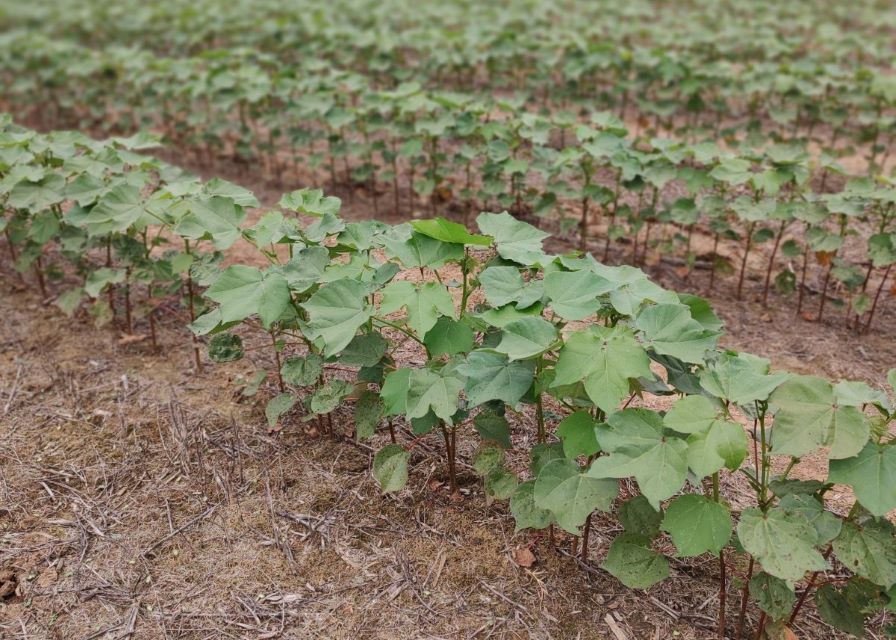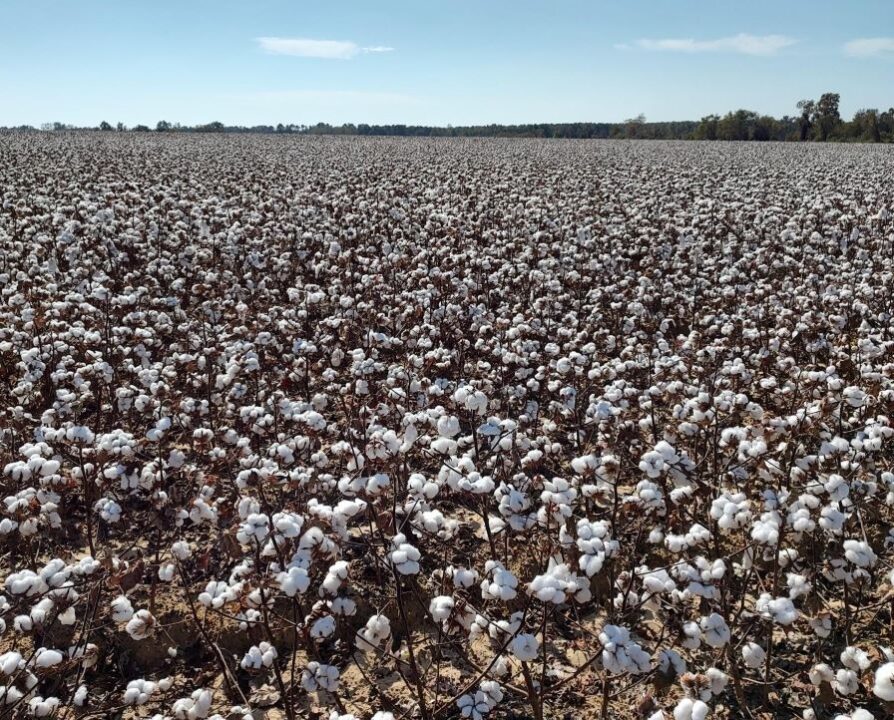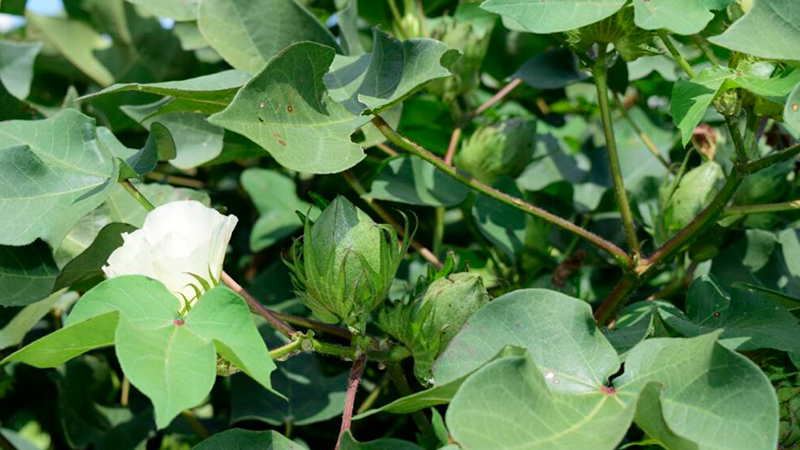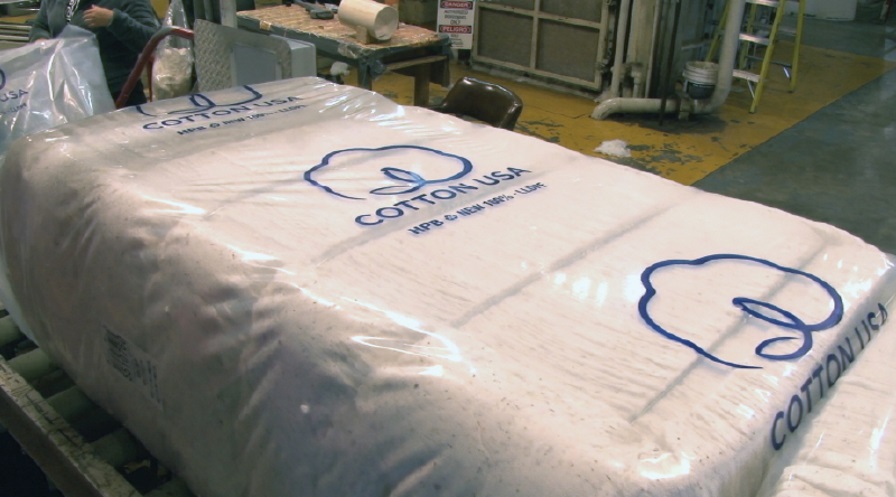NCC Thanks Trade Team
In a letter to U.S. Trade Representative Ron Kirk in early December, National Cotton Council Chairman Jay Hardwick and Vice Chairman Eddie Smith thanked Ambassador Kirk and the entire U.S. delegation for defending U.S. agriculture’s interests during the recent World Trade Organization meeting in Geneva.
The two cotton producers wrote that Kirk and his team demonstrated a keen understanding of the fundamental issues before the countries that were attempting to negotiate a Doha Round agreement. U.S. cotton interests believe there is simply not enough additional market access into developing country markets in the existing negotiating texts, and without significant gains in agricultural market access, it is impossible for U.S. agriculture to find any benefit to a Doha Round.
“In the face of continued, but unwarranted, criticisms of U.S. cotton policies, you appropriately pointed out that West Africa must first address their own internal production and marketing inefficiencies,” the letter said. “In addition, the cotton-producing countries in West Africa should align themselves with the United States in the push for reduced import trade barriers in key importing countries.”
Meanwhile, the slow pace of the negotiations has prompted calls for the Round to be divided into smaller and more digestible mini-deals that could be agreed to quickly. Cotton is a miniscule part of the overall Doha Round and breaking the Round into smaller pieces could make U.S. cotton an easier target to hit.
C-4 West African cotton-producing countries (Benin, Burkina Faso, Chad and Mali) threatened to launch WTO litigation against the U.S. over the subsidies, saying, “We cannot wait forever because our entire cotton industry will disappear.”
The NCC letter to Ambassador Kirk pointed out that the NCC encourages the C-4 countries to re-evaluate who is actually distorting world cotton trade and work with the U.S. as it attempts to help reform the West African cotton production infrastructure, and obtain meaningful market access from the largest cotton users in the world.
Hardwick said U.S. cotton producers are struggling similarly to West African cotton producers. Instead of focusing on the past, “I encourage the West African cotton industry to review current economic data,” he said. “Then, they would reach the inescapable conclusion that a WTO dispute process probably needs to be undertaken, but that dispute should be filed against India, China and Brazil.”
Add photo:
Ron Kirk









